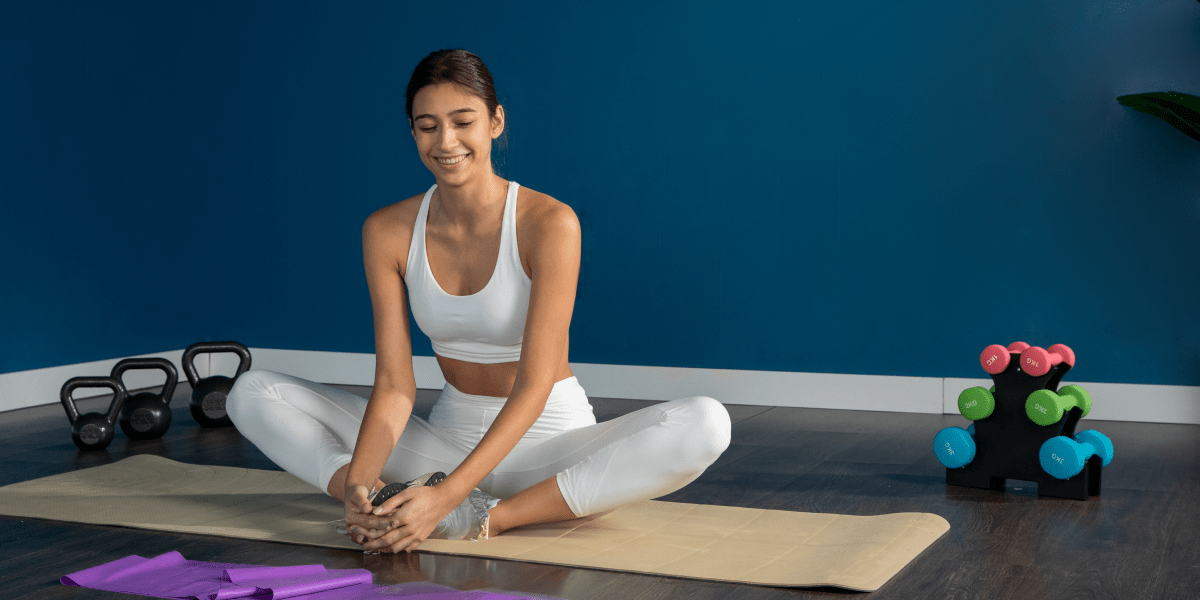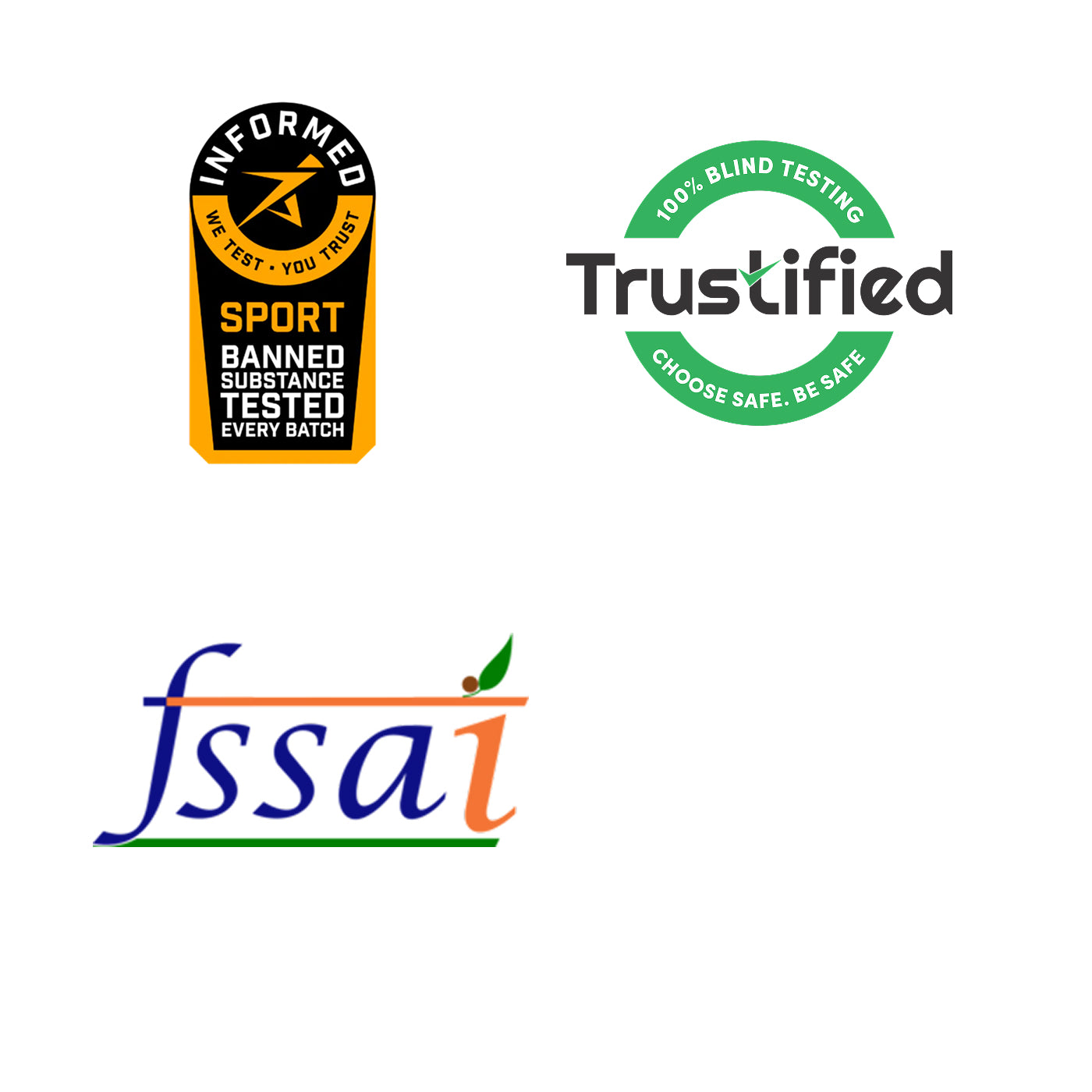Yoga for Beginners: Your Essential Guide to Getting Started
Starting yoga can seem a bit hard at first, but it's really fun and good for you. Yoga helps your body, mind, and feelings. If you want to stretch better, feel less stressed, or find a fun way to move, yoga is perfect for you. This guide will show you why to start yoga, its benefits, some easy poses, and tips to begin your yoga journey.
Reasons to Start Yoga Practice
There are many compelling reasons to begin practicing yoga for beginners. It is a versatile and inclusive practice that can cater to a wide range of fitness levels and personal goals.
Accessible to All Levels
Yoga for beginners is suitable for people of all ages and fitness levels. Whether you're a seasoned athlete or just starting your fitness journey, yoga can be adapted to meet your needs.
Minimal Equipment Needed
One of the most appealing aspects of yoga for beginners is that it requires very little equipment. A yoga mat is the primary tool you'll need, and even that isn't strictly necessary when you're first starting.
Community Building
Joining a yoga class can help you meet new friends who like the same things as you. The friendly environment in a yoga class can make you feel supported and excited to keep doing yoga.
Versatile Styles
Yoga encompasses a variety of styles and practices, from the gentle and restorative to the vigorous and challenging. This versatility means that there's a style of yoga for everyone, whether you're looking for relaxation or a robust workout.
Encourages Consistency
The holistic nature of yoga encourages practitioners to be consistent. As you start to feel the benefits of regular practice, you'll likely find it easier to maintain a routine.
Exploring Yoga Benefits
Yoga for beginners or yoga in general has many good things besides just exercise. Doing yoga often can make you healthier, help you think better, and make you feel happier.
Physical Benefits
Yoga improves flexibility, strength, and balance. It also enhances respiratory and cardiovascular function. Regular practice can reduce chronic pain and improve overall physical fitness.
Mental Benefits
Yoga helps you think clearly and stay focused. Doing mindfulness and meditation in yoga can lower your stress and worries, making your mind calmer and helping you concentrate better.
Emotional Benefits
Yoga helps people feel more connected to themselves inside. This connection makes us feel calm and steady, which can reduce sadness and make us happier.
Yoga Asanas for Beginners
Starting with basic yoga poses, or asanas, is a great way to get comfortable with the practice. Here are some beginner-friendly asanas that form the foundation of most yoga practices.
Mountain Pose (Tadasana)

Mountain Pose is a foundational standing pose that improves posture and balance. It helps you become aware of your body's alignment and builds strength in your legs and core.
Downward Facing Dog (Adho Mukha Svanasana)

Downward Facing Dog is a key pose in many yoga sequences. It stretches the hamstrings, calves, and shoulders while strengthening the arms and legs.
Child’s Pose (Balasana)

Child’s Pose is a resting pose that stretches the back, hips, and thighs. It's great for relaxation and stress relief.
Cobra Pose (Bhujangasana)

Cobra Pose strengthens the back muscles and improves spinal flexibility. It also opens the chest and shoulders, counteracting the effects of poor posture.
Tree Pose (Vrksasana)

Tree Pose improves balance and strengthens the legs. It helps with concentration and mental focus.
Healthy Eating Habits to Complement Yoga Practice
Healthy eating habits can significantly enhance the benefits of yoga for beginners. When you eat good food, it gives you the energy you need to do yoga and helps you feel good all over.
Hydration
Drink plenty of water throughout the day, and try to include coconut water or herbal teas for extra hydration and other benefits.
Balanced Meals
Eat different types of food. Include bread and rice, meat and beans, and nuts and avocados. Fruits and vegetables help you stay healthy and give you energy for yoga.
Snacks for Energy
Fresh fruits, nuts, yogurt, or energy bars made from whole ingredients can provide a quick and nutritious source of energy.
Tips for Staying Motivated
Staying motivated can sometimes be challenging, but these tips can help you maintain your enthusiasm for yoga for beginners.
Set Realistic Goals
Set small and easy goals for your yoga practice. This could be learning a new pose or doing yoga a few times a week. Setting goals helps you stay focused and excited about practicing.
Create a Routine
Create a routine that fits into your daily schedule. Try to practice at the same time each day to establish a habit.
Join a Class
Joining a yoga class can provide motivation and accountability. The sense of community and support from fellow practitioners can keep you engaged and committed to your practice.
Track Progress
Keeping a yoga journal or taking photos of your practice can help you see improvements and stay motivated.
Create a Dedicated Space
Create a dedicated space for your yoga practice. Having a quiet, comfortable space can make it easier to focus and enjoy your practice. Personalize your space with items that inspire and relax you, such as candles, plants, or calming music.
Conclusion
Starting yoga can change your life in many good ways. It helps your body feel better, clears your mind, and makes you happier. If you follow the simple tips in this “yoga for beginners” guide, you can start doing yoga easily. You'll learn to do it regularly and enjoy it more. Remember, yoga is like a journey, and each time you practice, you're getting better and feeling healthier.
FAQs
Q1) What are the benefits of yoga for beginners?
Yoga offers numerous benefits for beginners, including improved flexibility, strength, balance, mental clarity, stress reduction, and emotional well-being. It can also help with chronic pain and enhance overall physical fitness.
Q2) How often should beginners practice yoga?
Beginners should aim to practice yoga at least two to three times a week. Consistency is key to seeing progress and experiencing the benefits of yoga. Even short, daily sessions can be beneficial.
Q3) Do I need any special equipment to start yoga?
No, you don't need any special equipment to start yoga. A yoga mat is helpful, but you can start with a towel or practice on a soft surface. As you progress, you might find props like blocks, straps, and blankets useful.
Q4) What type of yoga is best for beginners?
Hatha yoga, gentle yoga, or beginner-specific classes are great starting points for beginners. These styles are slower-paced and focus on basic poses and proper alignment, making them accessible to those new to yoga.
Q5) Can yoga help with stress and anxiety?
Yes, yoga is known for its stress-relieving and anxiety-reducing benefits. The combination of physical postures, breath control, and mindfulness in yoga helps calm the mind and promote relaxation.










Leave a comment
This site is protected by hCaptcha and the hCaptcha Privacy Policy and Terms of Service apply.